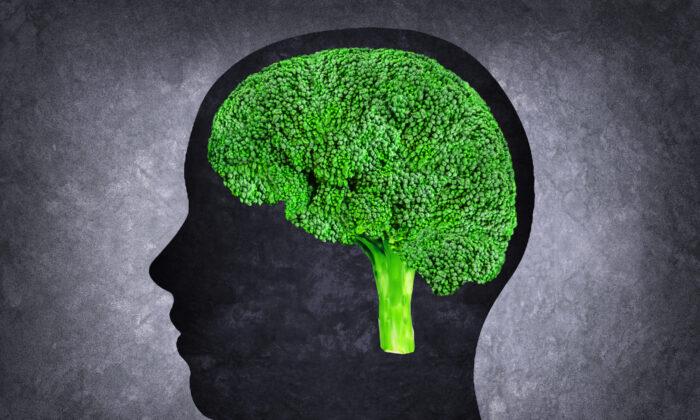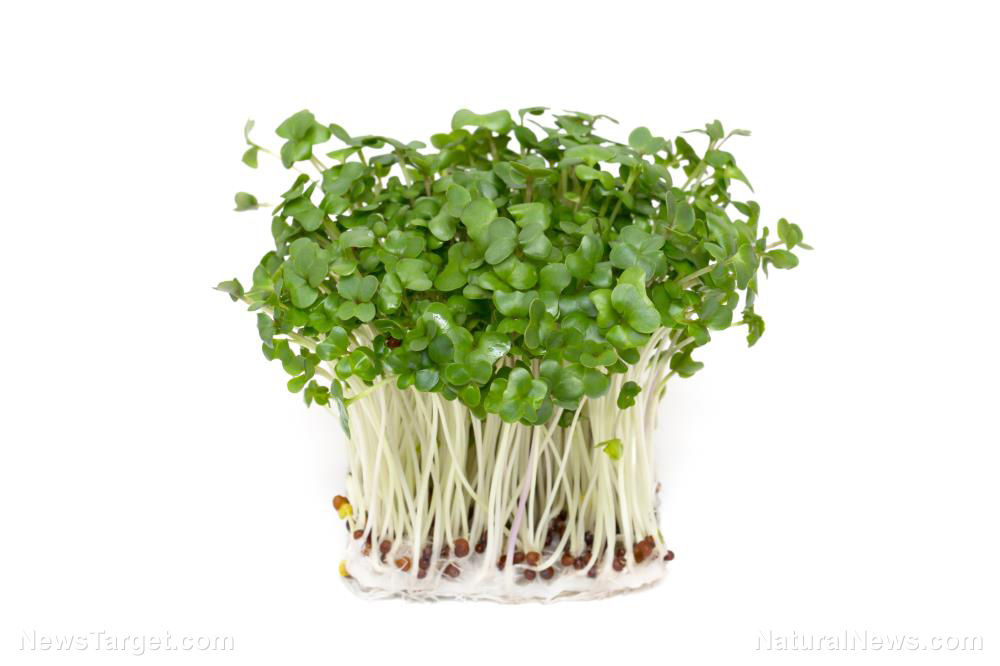Sulforaphane, a natural chemical found in broccoli and other cruciferous vegetables, could potentially revolutionize the treatment of stroke.

Researchers from the Heart Research Institute (HRI) in Australia have found that a common vegetable eaten by millions every day may be able to prevent and treat a leading cause of death worldwide.
The study, published in the journal ACS Central Science, shows results from a three-year investigation into how a natural chemical found in broccoli can help dissolve blood clots and improve the action of a common clot-busting drug used to treat an acute ischemic stroke.
Current Stroke Treatment
Every 40 seconds, someone in the United States suffers a stroke. In 2021, strokes accounted for one in every six deaths from cardiovascular disease.
There are two types of strokes: ischemic and hemorrhagic. An ischemic stroke occurs when a blood vessel in the brain is obstructed by a clot, while a hemorrhagic stroke results when a weakened vessel in the brain ruptures and causes bleeding inside the brain. According to the American Heart Association, ischemic stroke accounts for 87 percent of all strokes.
The only drug currently available to treat an acute ischemic stroke is tissue plasminogen activator (tPA), a thrombolytic agent that breaks up blood clots and restores adequate blood flow to the brain. Unfortunately, tPA comes with severe limitations and potential dangers, including bleeding into the brain with up to a 45 percent fatality rate when this occurs.
Xuyu Liu, the study’s lead researcher, who holds a doctorate in chemical biology, stated on the HRI website in 2022: “Current treatments are a double-edged sword—by clearing blood clots, it also means a patient has an increased risk of bleeding in the brain should they need emergency surgery. We are looking for clues in nature to find this magic anti-clotting drug which can work where it’s needed but also still allow patients to have antithrombotic treatments.”
HRI researchers discovered that the natural chemical in broccoli, sulforaphane, may improve the performance of tPA and could lead to newer, safer, and more effective medications for acute stroke.

“We know eating plenty of fresh fruits and vegetables and foods low in saturated fats can help prevent heart disease and stroke, but can some of these same vegetables treat and reverse stroke? I think it can and my team is working to prove it at the molecular level,” Mr. Liu said in the 2022 HRI interview.
Sulforaphane’s Protective Properties
In an Australian radio interview, Mr. Liu said his team began investigating broccoli and other cruciferous vegetables three years ago by screening a library of more than 100 natural products from healthy diets to find something with properties that would prevent blood clots in the brain.
Mr. Liu’s background included finding ways to prevent cancer with a healthy diet, but when he transitioned into his current role at the HRI, he decided to study sulforaphane derived from cruciferous vegetables and how it could potentially treat blood clots in the circulatory system.
According to Mr. Liu, sulforaphane isn’t limited to broccoli. In the radio interview, he said that cruciferous vegetables produce sulforaphane as a protective mechanism against insects or other types of destruction.
For instance, an intact piece of broccoli doesn’t contain sulforaphane. It isn’t until it’s chopped or chewed that it undergoes a chemical reaction that produces sulforaphane. Sulforaphane’s antioxidant and anti-inflammatory properties are designed to protect the plant, but when ingested by humans, studies have found sulforaphane has numerous anti-cancer and health-protective qualities.
Results and Next Steps
“What we found in a preclinical trial is that the tPA success rate increases to 60 per cent [sic] when the medication is given with the broccoli-derived [sulforaphane],” Mr. Liu said in an HRI interview. “Excitingly, this naturally occurring compound does not cause any signs of bleeding, which is a common side effect associated with blood-thinning agents tested in stroke treatment.”
Preclinical testing showed that administering sulforaphane reduced the formation of blood clots while improving the action of tPA. Initial testing also found that sulforaphane could slow the onset of stroke.
“Not only is the broccoli compound effective in improving the performance of clot-busting medication after a stroke, it could be used as a preventative agent for patients who are at a high risk of stroke,” Mr. Liu said.
Mr. Liu’s next step is to raise funding for human clinical trials with the hope of developing a new preventative and anti-clotting treatment within five years. “This natural product has been used to prevent cancer before, so I think we have a strong rationale in terms of safety and other pharmacological properties,” he said in the radio interview.
